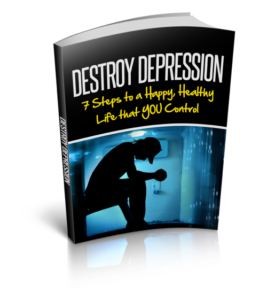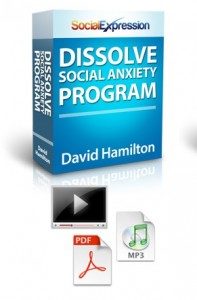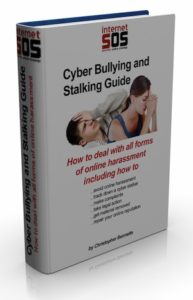I remember back in the 1980’s if you were having mental health issues your GP would refer you to a psychiatrist. Treatment was highly structured and based on the biomedical model of disease. Essentially mental health conditions such as depression and anxiety were based on the idea that there was a chemical imbalance in the brain. Drugs were prescribed and followed up with an hour of expensive, usually Freudian based therapy. They were and are still very highly trained and skilled in treating mental illness. There was often however, a very defining relationship between the psychiatrist and patient, the highly trained expert and the unwell patient. Trained professionals are a crucial part of recovery from mental health conditions, however the perceived power imbalance has always seemed problematic to me.
The idea that only a mental health expert can be effective is changing as the mental health industry is recognising the role of lived experience in assisting people with mental health issues. I believe there is nothing more powerful than the understanding that comes from another human being who has travelled the path and come out at the other end relatively unscathed. I remember nearly 30 years ago sitting in an A.A meeting and the secretary opened the meeting by saying “, tonight we will show you living proof that there is life after alcohol “. One of the speakers that night spoke of how they felt accepted and understood, something they had previously searched for at the bottom of a bottle. That environment of acceptance and empathy combined with the power of example had a profound effect on me.
Carl Rogers with his humanistic and client centred approach to psychology recognised the power of acceptance and empathy over 50 years ago. He acknowledged that imperfect human beings can help other imperfect human beings. That being listened to and understood with unconditional positive regard is the foundation by which people can become fully functioning individuals. Some people appear to be have an innate ability for empathy and unconditional positive regard and others gain those skills through training and practice. Both types make a valuable contribution to enhancing the mental wellbeing of others. The one thing mainstream mental health professionals cannot do however is share lived experience which I feel is one of the most powerful tools for recovery.
One of the most isolating things about mental illness is feeling that no one else knows what you are going through. The person with lived experience does as they have walked the walk and can often connect in a way that many highly trained professionals cannot. Peer support workers have become a powerful tool in the mental health industry and they are becoming more sought after than ever as a valuable addition to existing treatment. They use their lived experience as well as some formal training to help people through the maze of recovery. Essentially saying, I have been there, and I know a way out. Your way out may be a little different to mine, but I know it is in this direction.
So, if you have a lived experience of anything that affects mental health, be that depression, anxiety, relationship difficulties, substance abuse etc and you found your way out then you have something to offer the person who is suffering. Talk to your neighbour who has lost their job and is feeling hopeless and lost. Have a chat with your work mate who is going through a relationship breakup. Listen, connect and if appropriate share your story of how you too battled those demons and came out the other side. They say it takes a village to raise a child and I believe it takes a society to combat mental illness. We can all contribute. You don’t have to be an expert to help.
Wishing you all the best in your journey
Phil Miranda



